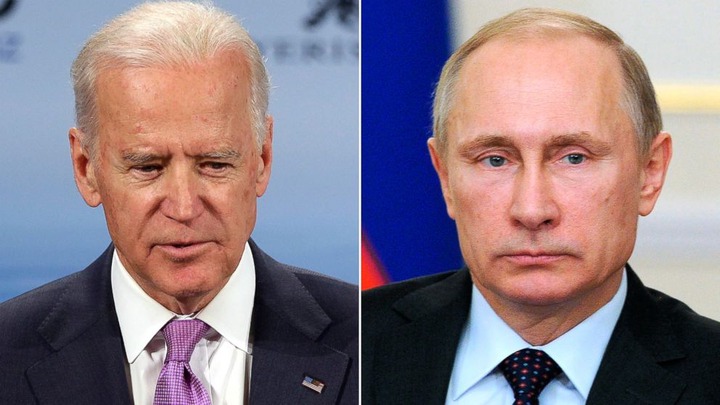Russia’s latest foray into electronic voting has ignited a firestorm of controversy and suspicion as President Vladimir Putin himself cast his vote amidst allegations of cyber-attacks. Just yesterday, the system bore the brunt of an astonishing 90,000 attacks, reportedly originating from sources in Ukraine and North America.
In a vehement denouncement via Twitter on Saturday, March 16, 2024, the Kremlin pointed fingers squarely at highly proficient and organized groups allegedly tied to Western interests. This accusatory volley has further stoked the flames of tension between Russia and the West, laying bare the intricate dance between cybersecurity and international diplomacy.

The introduction of electronic voting systems globally has sparked heated debates, with proponents touting benefits like enhanced efficiency and transparency, while skeptics warn of inherent vulnerabilities ripe for exploitation. The reported onslaught against Russia’s new system serves as a stark reminder of the pressing need for fortified cybersecurity measures to safeguard democratic processes.
The sheer scale and sophistication of these purported attacks underscore the ever-evolving nature of cyber threats, necessitating continual adaptation in defense strategies. Moreover, the geopolitical ramifications of attributing these assaults to entities in Ukraine and North America inject a potent brew of suspicion into an already tense relationship.
However, navigating the murky waters of cyber attribution is no simple task, often demanding a delicate balance of technical prowess and diplomatic finesse. This incident serves as a microcosm of broader cybersecurity discourse, underscoring the imperative for global collaboration and adherence to established norms.
As technology’s influence permeates deeper into societal frameworks, securing cyberspace becomes an imperative shared by nations worldwide. Establishing trust and transparency in cybersecurity practices is pivotal in mitigating risks and fostering stability in the digital realm.
The alleged assault on Russia’s electronic voting infrastructure, allegedly orchestrated from abroad, marks a pivotal moment in the ongoing saga of cybersecurity and international relations. It serves as a clarion call for robust defenses, responsible conduct, and diplomatic engagement to navigate the treacherous waters of cyberspace effectively.











